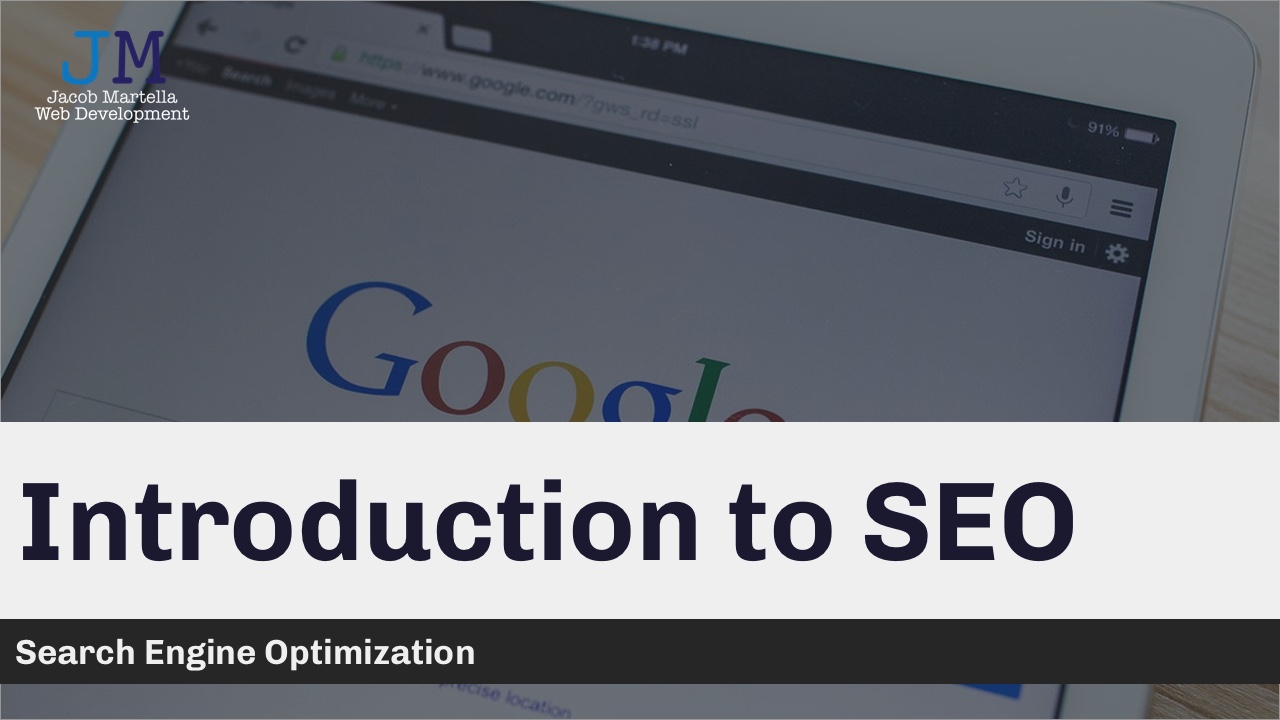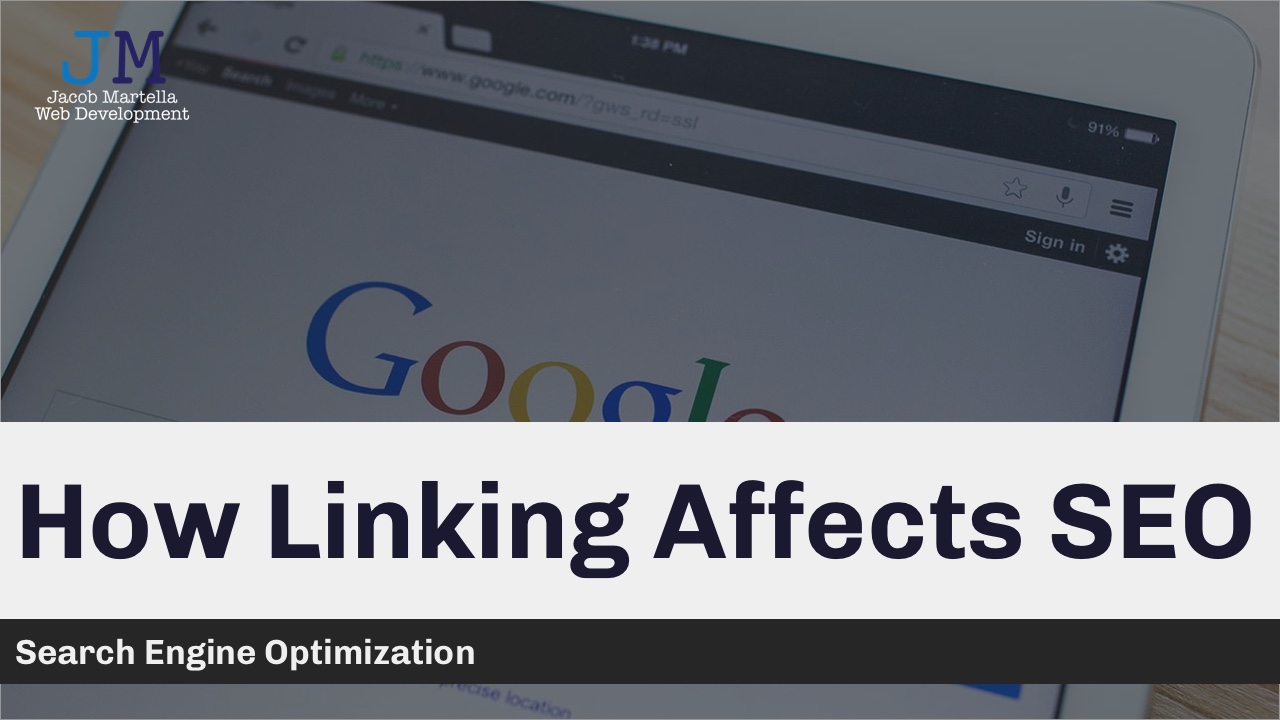Search Engine Optimization is a really important aspect of your website. After all, you’ll likely find that most of your traffic will come from Google and other search engines. So making sure your website is appeasing those search engines is something you have to do and manage.
But SEO is a very murky landscape. To be honest, anyone saying they can improve your site’s page rank overnight is lying to you. That just isn’t the case.
Instead, it takes time to optimize your website and see real results. It’s making sure your code is written correctly. It’s doing keyword research and using words that will rank your website. And it’s doing the small things like using alternative text for images and writing quality content.
It’s a lot and can be overwhelming, especially if this is all new to you. But that’s okay because there are people who can help you out with this.
This page will give you the resources you’ll need to get your website SEO-ready. You’ll find blog posts, resources (internal and external), videos and people and websites to follow to better understand the complex world of SEO.
Because you’re going to need to make sure it’s one of your top priorities with your website.
What is SEO?
Search engine optimization is the process of working on your website to optimize it to appear higher is search results and get clicks from those searches. As Nigel Stevens, CEO and founder of Growth Lead, said, SEO is trying to “figure out what people are doing, create authority on it, create content that satisfies user intent and try not to suck. That’s, like, SEO in a nutshell.”
There’s a lot that goes into SEO. There’s no one silver bullet with SEO. And there’s nothing that will turn your SEO around overnight. It’s a process that needs to be learned and worked on over time.
So let’s learn about it.
Introduction to SEO
- Quick ways to help boost your site’s SEO
- What Is SEO / Search Engine Optimization? (Search Engine Land)
- What is SEO? (Moz)
- What is SEO? (Yoast)
Onpage and Technical SEO
The first thing you need to do with your SEO is to make sure that your website’s code is up to the standards.
What does that entail? It means making sure you’re using the correct mark up. That’s using one H1 tag on each page. It’s making sure your HTML is using Schema markup to tell search engines what is what on the page. And it’s making sure your web pages are loading quickly.
Why does that matter?
Because that’s how the crawlers index your website and rank it for searches. Every little bit helps. And having a strong code foundation for your website will allow you to really build your SEO efforts.
How your code affects your SEO
- On-page SEO (Moz)
- On-Page SEO: An Actionable Guide (Ahrefs)
- The On-Page SEO Cheat Sheet (Neil Patel)
- What is on-page SEO? (Yoast)
Let’s Work on Your Site’s SEO Code
One of the best things you can do to help your website’s SEO is to make sure the underlying code is correct and conforms to today’s standards. But if you’re not a developer, you might not be able to or feel comfortable making changes to your site’s code. I can help you out with that. I can come in and confidently make those changes for you. And your site’s code will be an SEO benefit and not a drag.
Let’s Get Your Site’s SEO Code WorkingKeyword Research
When you go to Google to search for something, what do you put in? You put in keywords.
So when you’re working on your SEO for your website, your content needs to be focused on keywords that your target market is searching for and trying to rank for them. Simply put, it’s the entire reason for SEO.
So you need to find those keywords and create content about it. It sounds simple, but it can be the trickiest part of the entire process.
Keywords and SEO
- How to Do Keyword Research for SEO: A Beginner’s Guide (HubSpot)
- How To Do Keyword Research for SEO (Ahrefs)
- How to Do Keyword Research for SEO: Everything You Need to Know (Search Engine Journal)
- Keyword Research (Moz)
Linking
Links are extremely important in the search engine optimization process.
Internal links allow search engine crawlers to go through all of the pages on your website and index them. This enables them to be shown in search results.
Inbound links from external websites show crawlers that your website is popular. If a lot of people are linking back to your website, you must be doing something right. The more links you have from external websites, especially from respected websites, the higher you’re going to rank in search results.
A good link profile goes a long way towards your SEO efforts.
How linking affects SEO
- What Is Link Building & Why Is It Important? (Moz)
- Learn the Basics of Quality Link Building for SEO (WordStream)
- Link Building For SEO (Backlinko)
- 20 SEO Link Building Methods for 2020 (Link Research Tools)
Tracking SEO
Once you’ve got your processes running for SEO, you have to find a way to track your efforts so that you can figure out if they are working. After all, this is an ongoing thing that requires attention and adjustments to be effective.
So you’ll need tools to track what’s working and what’s not. Those include tools like Google Analytics and Google Search Console. You’ll be able to see how much of your traffic is coming from search engines, what searches you’re appearing in, how high in those you’re showing up and so, so much more.
Don’t forget to get tracking set up for an effective SEO campaign.
- Measuring & Tracking SEO Success (Moz)
- Measure SEO Performance Like a Boss: 9 SEO Metrics You Need to Track (Monitor Backlinks)
- The 8 SEO Tracking Metrics That Really Matter (CrazyEgg)
- 5 Must-Know Google Analytics Strategies To Measure SEO Success (Neil Patel)
SEO Tools
The good news is that there are a lot of tools that can help you out with your website’s SEO. These range from tools that help your onpage and technical SEO, assist with keyword research, build sitemaps, track your SEO efforts and more.
There’s no one right tool for everything, so try them out and see which ones get the job done for you.






